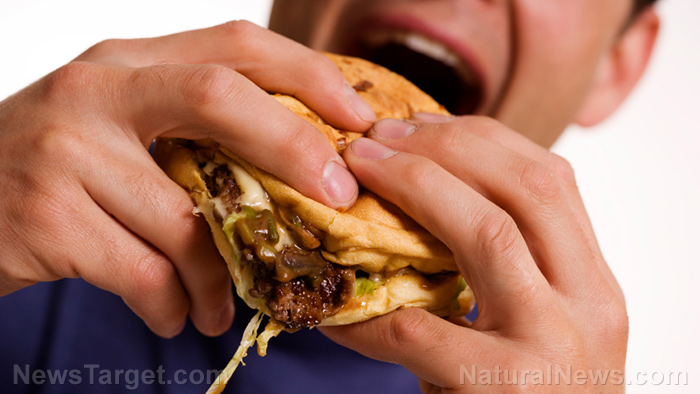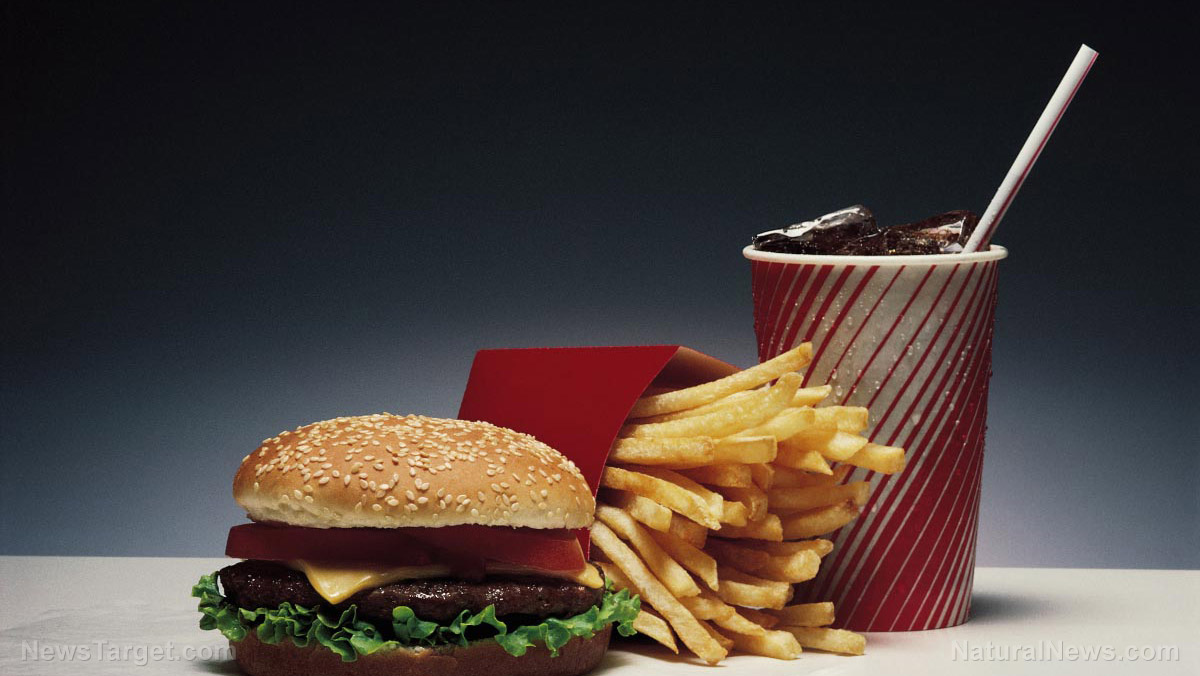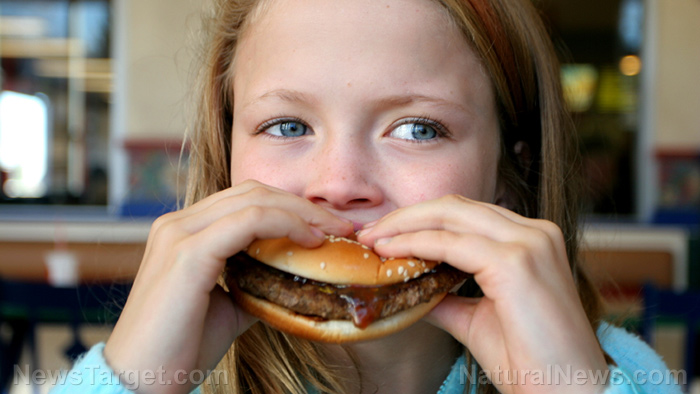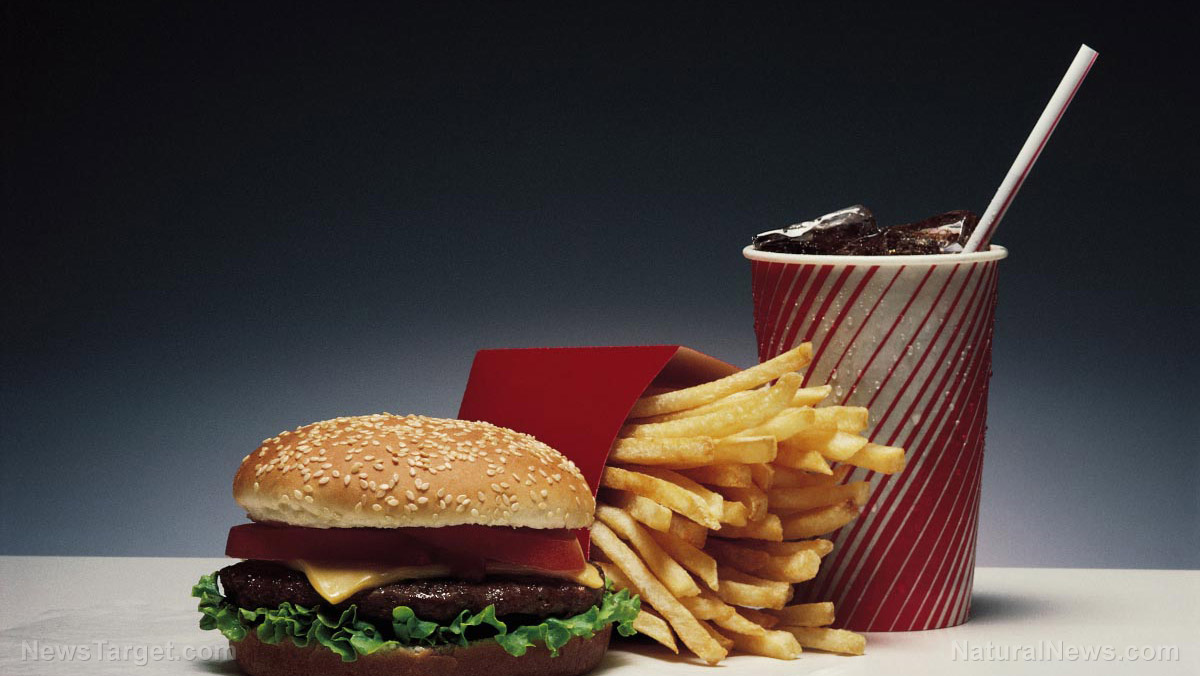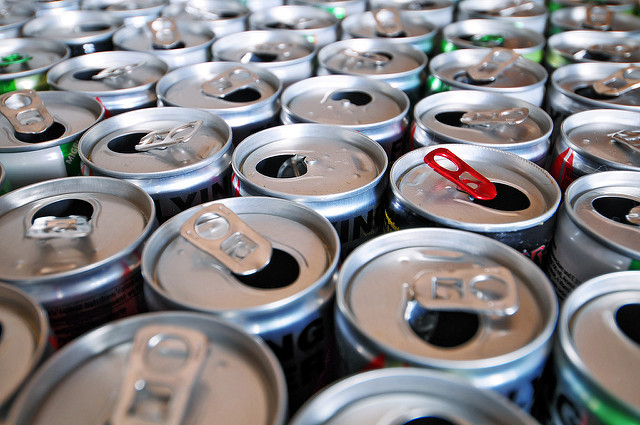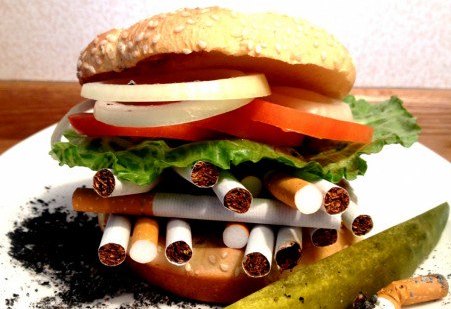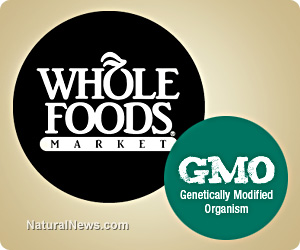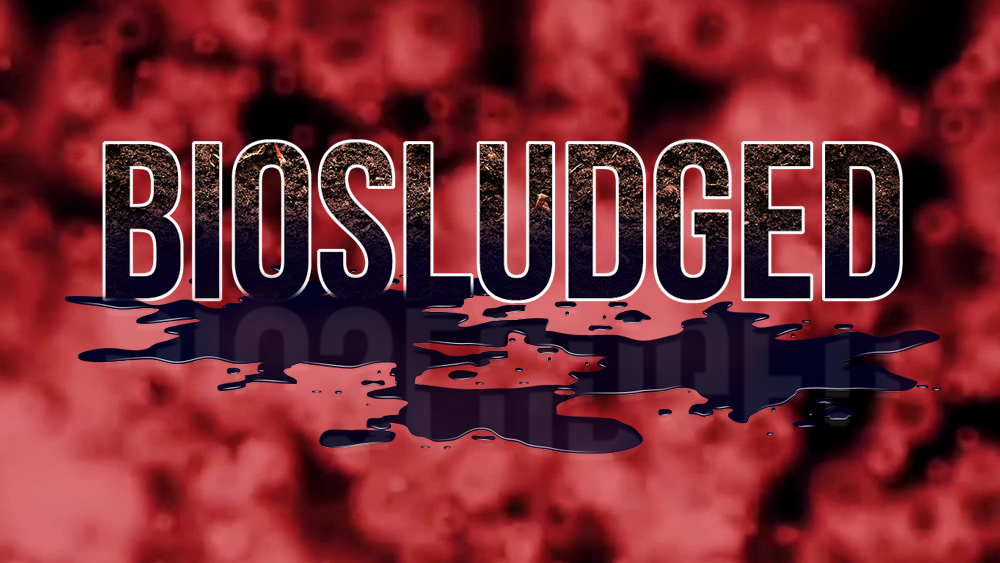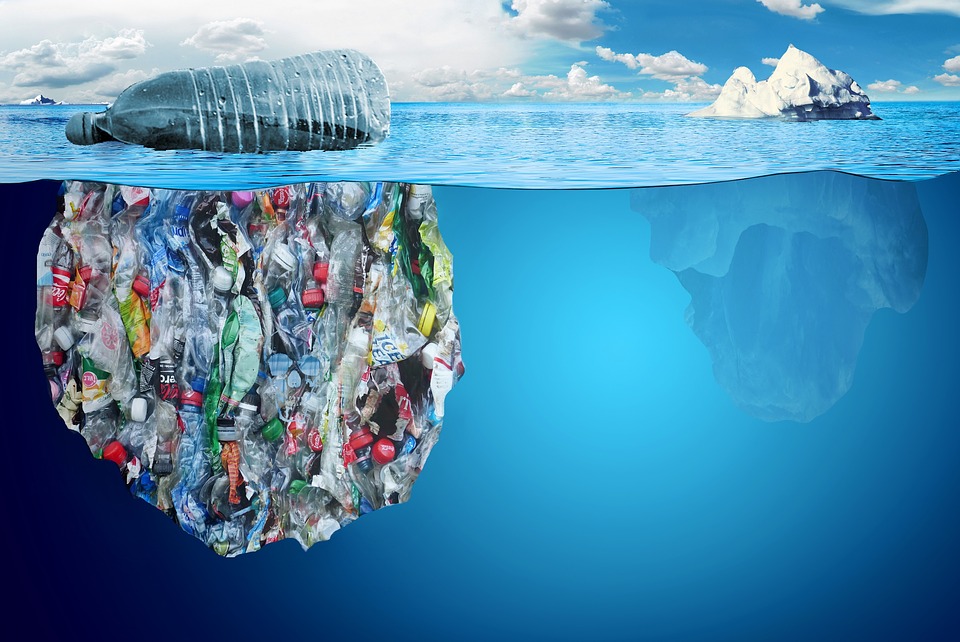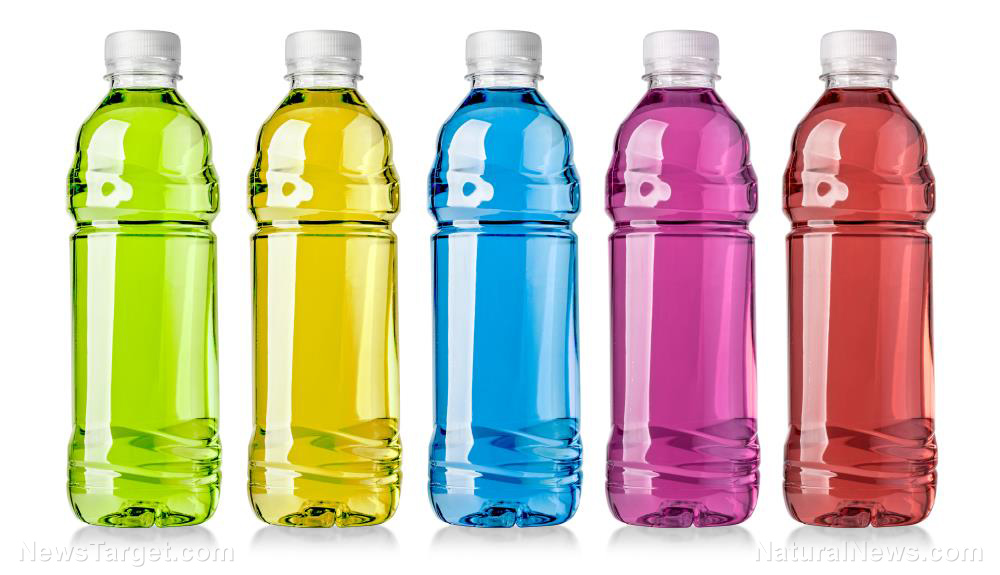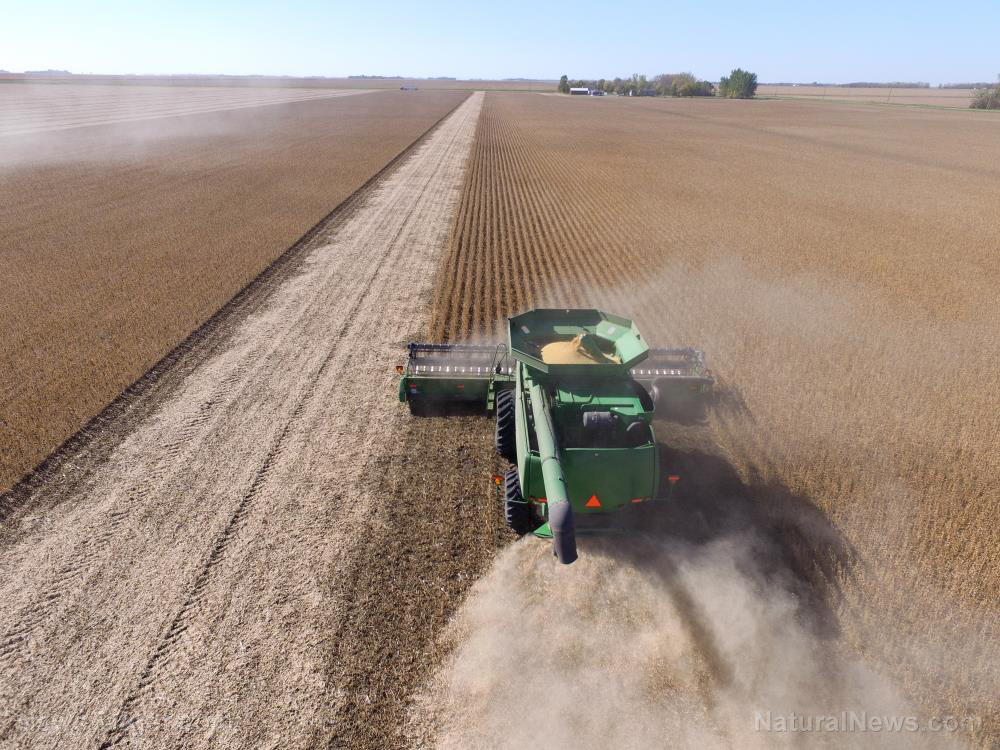Health experts say ALL sausage and bacon products cause diseases like cancer… is that really true?
05/29/2018 / By Vicki Batts

The new cancer guidelines laid out by the World Cancer Research Fund (WCRF) have put bacon, sausage and other meaty treats on blast, declaring that there is no “safe” amount of these favorite foods. But is it really the meat that’s to blame — or is it the chemicals and other additives Big Food throws in the mix that makes meat so toxic?
WCRF states that processed meats, in particular, raise cancer risk. Dr Giota Mitou, WRCF director of research, said in a recent statement, “The best advice is not to eat processed meat. The risk does increase with consumption.”
The WCRF also adds that when it comes to processed meats, “no level of intake can confidently be associated with a lack of risk of bowel cancer.” But you might argue that processed meats aren’t even really food — at least compared to what a real rack of bacon or fresh, homemade sausage are like anyways. The idea that the vacuum-sealed, sodium nitrite-laden, mass-produced composite meats you buy at the supermarket are in any way the same as grass-fed meats seasoned with care at home is really quite laughable.
While moderation is essential, the blanket banning of all things bacon is once again putting the onus on people instead of the real culprits — the food industry that’s been polluting the food supply with toxic additives for decades.
Toxic additives cause cancer — not food
Writing for The Guardian, Bee Wilson notes there have always been ways to make bacon, sausage and other foods we now call “processed meats” that do not result in a cancer-causing impersonation of food. Wilson astutely contends, “The fact that this is so little known is tribute to the power of the meat industry, which has for the past 40 years been engaged in a campaign of cover-ups and misdirection to rival the dirty tricks of Big Tobacco.”
As Wilson notes further, many of us choose our meats based on their “pinkness,” but it is this very trait that is our undoing. The pinkness we see in cured meats is not an indicator for the presence of freshness, but rather for the presence of something more sinister: sodium nitrites and sodium nitrates. These chemicals are what’s toxic — not the meat itself. What we call “processed meat” is more carcinogenic than “unprocessed meat” because of these nitrates and nitrites (and the bevy of other unsavory ingredients that get added in).
Nitrates are naturally occurring in a variety of vegetables — but the way nitrates react in meats is far different. Certain components in red meat (haem iron, amines and amides) interact with nitrates to form N-nitroso compounds, which are carcinogenic — even in minute doses. “Any time someone eats bacon, ham or other processed meat, their gut receives a dose of nitrosamines, which damage the cells in the lining of the bowel, and can lead to cancer,” explains Wilson.
Scientists have known about this connection between nitrates, nitrites and cancer for nearly 60 years — and yet, rather than hold the food industry responsible for selling toxin-laded food, consumers are simply told to just eat less of it.
As far back as the 1970s, the meat industry has been pushing back against the links between nitrosamines and cancer. As sources note, bacon (and other meats) can be made without the addition of nitrites and nitrates — but the curing process will take a fair bit longer. And a longer curing process inevitably means less profits for the industry, though it would mean safer food for the rest of us.
While it’s fair to say that exclusively eating homemade nitrate-free bacon and sausage wouldn’t be the healthiest choice you could make, the fact remains that bacon doesn’t have to cause cancer. Like so many other foods (all the foods contaminated with Roundup come to mind), big industry has turned what could be part of a balanced diet into cancer-causing junk.
Keep up with the latest about toxic food ingredients at Food.news.
Sources for this article include:
Tagged Under: cancer, food additives, good food, grocery, healthy eating, nitrosamines, Processed Meats, sodium nitrite, toxic ingredients




